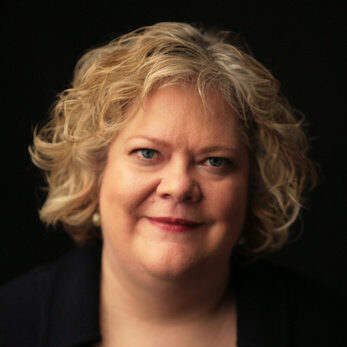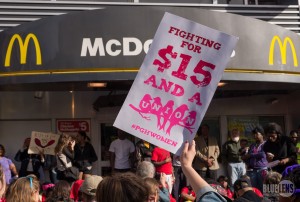In January, the chief executive at McDonald’s resigned in the face of declining sales. This month, McDonald’s new CEO is vowing to serve more of what the food industry calls “clean food.”
On Wednesday, McDonald’s said it will stop sourcing chickens raised with antibiotics, and serve low-fat milk from cows that haven’t been treated with an artificial growth hormone, according to Fortune.
The steps come years after McDonald’s competitors made the switch to cleaner food. Chipotle, for instance, touts its antibiotics-free meat, and a wide variety of both fast food and fast casual restaurants say they source from local producers.
McDonald’s has been struggling to stop a sales slump around the world that has been particularly apparent in Asia and the Middle East. Last month, its worldwide sales fell 1.5 percent, according to Bloomberg. That was greater than the 1.2 percent decline that analysts were expecting.
Over the past couple of years, McDonald’s tried to attract business with pricey coffee drinks, and by simplifying its menu.
The antibiotic-free chicken vow will take effect within two years. Meanwhile, says Fortune,
From now on, chickens that become ill will get appropriate veterinary care and no longer be included in McDonald’s food supply if they get antibiotics, the company said. However McDonald’s will still use ionophores, a type of antibiotic not used for humans that helps keep chickens healthy.
The clean food announcement is the first major step by new McDonald’s CEO Steve Easterbrook, who took office on Sunday. Depending on whether McDonald’s sticks with the strategy, Fortune says the company has the ability to force further clean food change within the industry.
Steven Roach, food safety program director for Food Animal Concerns Trust, told The New York Times that five other companies quickly followed McDonald’s lead the last time it made a similar announcement.
Despite its slumping sales, McDonald’s remains a dominant presence on the global food scene. It has more than 36,000 restaurants worldwide, in 100 countries, with 1.9 million employees. So, its move is a story pretty much everywhere.











